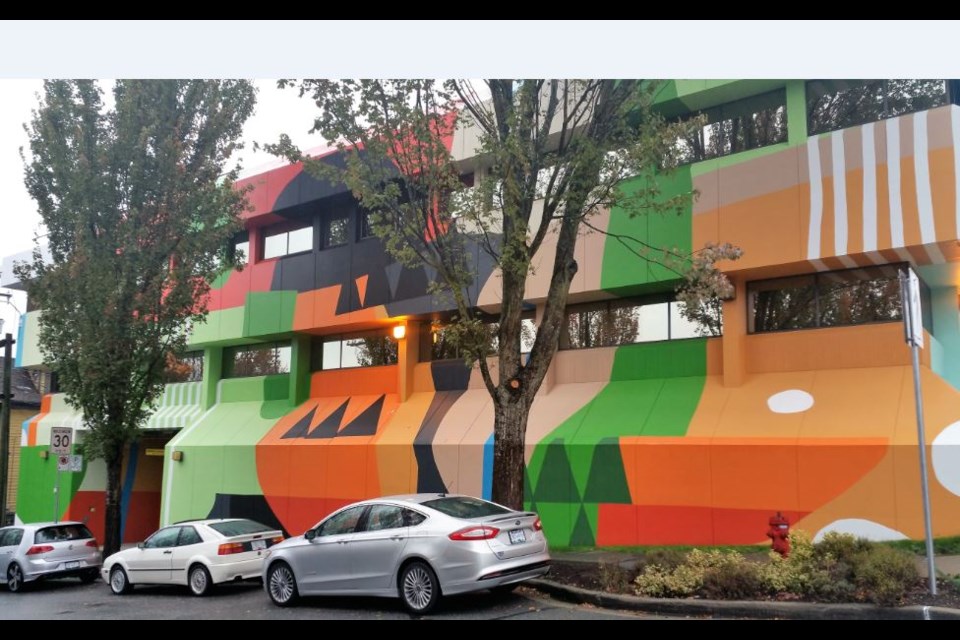Last November, Molson Coors announced it was selling its False Creek property and relocating elsewhere in the province.
At the time, there was speculation as to whether the brewery would be replaced by a forest of tall condo towers. However, as the city’s assistant director of planning Kent Munro pointed out, the site was zoned as industrial and listed in Metro Vancouver’s regional context statement as a job-generating location. He went on to say the city did not support condos on the property, but would support intensification of industrial or employment uses.
I was reminded of the Molson property Saturday afternoon when my two daughters took me out for a birthday “pub crawl.” We did not go to the Granville Entertainment District. Instead we headed for Brewery Creek in Mount Pleasant. I was pleasantly surprised.
Tucked in amongst various light industrial operations I discovered a number of new craft breweries comprising what one commentator has called Vancouver’s “beer geek mecca.” They include 33 Acres Brewing Co., Big Rock, Brassneck, Main Street Brewing Co., Red Truck, R&B and Faculty.
At R&B I tasted beers with such quintessential Vancouver names as Stolen Bike, So Fresh So Green, and Van Special.
At Faculty, I picked up a $2 copy of The Growler, A B.C. craft beer handbook, which I subsequently discovered is published by Glacier Community Media, which also publishes this newspaper.
However, this is not a column about beer. It’s a column about housing affordability, and how we might better accommodate the millennials I met on my brewery tour, most of whom were less than half my age.
These craft breweries, with their tasting rooms, are being developed on land zoned for industry. But as I noted in an SFU talk earlier this year, and a subsequent Vancouver Courier column entitled, “Is Vancouver really running out of land?” today’s industries are very different than the industries operating when the original Brewery Creek breweries were built in the late 19th and early 20th centuries.
In those days, it was necessary to separate housing from industrial activity for health reasons. Today, however, I question why we need to separate housing and a craft brewery or Hootsuite’s offices.
I say this despite knowing that in the last four decades we have redeveloped so much industrial land that many of the jobs that were to be close to where people lived in the city, have been forced to relocate to suburban locations such as Surrey, Langley and beyond.
I also know that many fear if we allow housing on industrial land, we are going to force up its value to the point where it will no longer be economically viable to locate industry on it.
But that’s simply not true.
In a recent radio interview, Gil Kelley, Vancouver’s new chief planner expressed a need to understand why so many Vancouver developers build condos rather than rental housing. The answer is simple.
Condominium buildings are generally more profitable than rental buildings, especially when many want to purchase apartments as investments, and rental rates are relatively low given land and construction costs.
Moreover, while we zone land for different categories of use, with the exception of laneway housing, we generally do not zone land for tenure. That is to say, land is not zoned just for condominium or rental apartments.
But what if it was?
What if in light industrial neighbourhoods, such as Brewery Creek, we allowed upper floor apartments, provided they were rental tenure, and built along with the maximum amount of industrial space permitted by the zoning?
This need not happen in all industrial zones. We might not permit housing where residents are likely to be disturbed by industrial activity at night, (although I have slept at numerous airport hotels, and I did not hear a thing, because we can keep out noise with soundproof windows.)
Now some might ask who would want to live above industry?
Well, to start, everyone who recently purchased condominiums in an attractive new Wall Financial development in the 900 block of East Hastings with industrial uses on the lower floors.
We should not allow housing to replace industry, but there is no reason why in many instances the two could be combined to create much needed rental housing.
@michaelgeller



